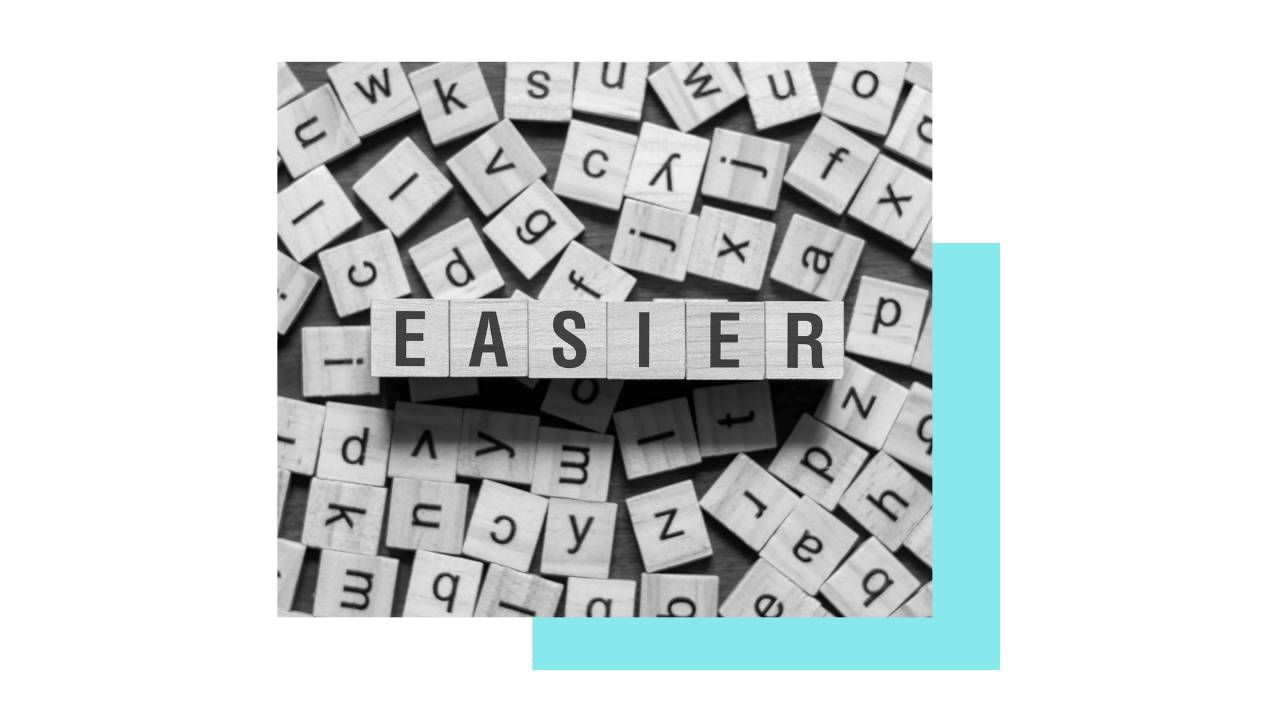It’s always easier the second time...
Mar 06, 2025
One of my favourite sayings to share with my students (and my children) is: "Don't worry, it will be easier the second time". Pretty much everything in life has the highest level of difficulty the first time you try!
Whether it is cooking a new dinner, riding a bike, exercising or learning a new mathematics concept- everything gets easier the more you do it!
Many children (and adults) try something for the first time, fail, or don't perform as well as their self-image would have hoped, then immediately file the skill in the 'I'm not good at that' category. They then walk away and silently vow to never try it again.
This mindset obstructs our learning.
One of my favourite pieces of research is the Instructional Hierarchy developed in research by Haring, Lovitt, Eaton and Hansen in 1978.
Their classroom research observed that when students learn a skill they move through several phases or stages in their learning.
If we are learning something completely new, we are a novice who is starting from 'ground zero'.
You brain has never come across these ideas, concepts or movement patterns before. It needs to forge new ground. I imagine my brain to be clearing the way for a new road. It is hard and laborious work.
In the instructional Hierarchy this is known as the Acquistion phase of learning. Brown,Roediger & McDaniel, 2014 call this the Encoding stage. Basically it is where we are getting the knowledge or skills into our heads.
For me, this is the most uncomfortable stage of learning. Everyone wants to give up at this point. It is hard and makes you question yourself.
BUT... if we work through this stage, we become more and more accurate in our enacting of the skill and eventually reach a point where we are 100% accurate. How long this takes depends on the skill to be learnt and the student learning the skill. But with enough repetitions our brain will build the structure it requires.
Learning is hard. But we need to normalise the uncomfortable feelings that accompany the initial phases so as to encourage students to 'push through'. When students understand that this feeling is just 'what happens' when we learn. They don't start to create stories in their head like: "I am no good at maths, nobody else is feeling like this". In fact, everyone feels like this when they are in the aquisition phase of learning. Not everyone feels it to the same extent for every skill, because some people already have schema in place that allow their brain to make connections and take a 'short cut' in the learning process.
But every brain goes through this learning process.
Prompts like: "It's ok, this is hard because it is new for your brain" or "Get a good night's sleep tonight, because your brain will file the learning, and it will be easier tomorrow", help students to understand why they are experiencing the uncomfortable feelings.
In this Aquisition phase of learning I also reiterate the process and any highlight any progress.
I say things like: "Oh wow, I can see your brain has really made some pathways since yesterday" or "your brain is doing this so much more easily today"!
This helps students to see that even though the progress may be slow they are moving forward in their learning.
I also ensure I am constantly reminding students of their potential future-state by saying things like: "If you practice this every day this week, I think you will be able do it by Friday" and "Imagine how you will feel when this is easy for your brain".
While our praise and encouragement is critical to help students in the Aquisition phase, the ultimate reward comes from within their own brain!
If they persist and succeed, the dopamine rush their brain will send them after overcoming the challenge will be spectacular and will help them the next time they encounter a challenge in their learning.
So this week I encourage you to normalise the uncomfortable feelings associated with learning for your students (and for yourself). Help them to see that their brain is an amazing organ that is literally wired to learn- if we allow it to do so!
Have a great week!
Ange 🎓🎲
P.S. You can download the PDF version of this blog to print or share with colleagues here.
Want to learn more from Dr Ange Rogers? Click here to find out about her 'Quality Place Value Assessment in Years 3-6 Mini Course'



